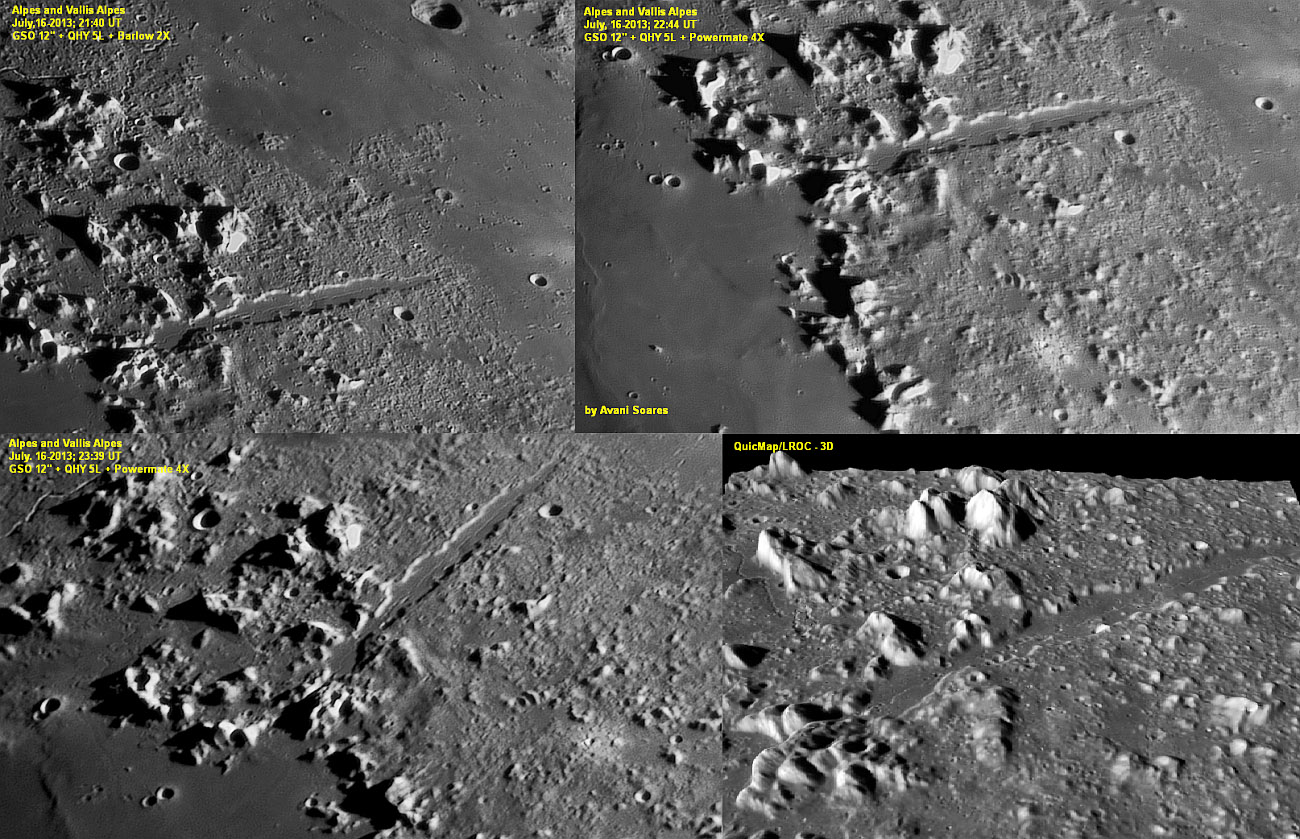Difference between revisions of "July 19, 2013"
| (6 intermediate revisions by the same user not shown) | |||
| Line 1: | Line 1: | ||
__NOTOC__ | __NOTOC__ | ||
=You Will Need Tri-Focals= | =You Will Need Tri-Focals= | ||
| − | + | <!-- Start of content --> | |
<!-- ws:start:WikiTextHeadingRule:0:<h1> --> | <!-- ws:start:WikiTextHeadingRule:0:<h1> --> | ||
<!-- ws:start:WikiTextLocalImageRule:6:<img src="/file/view/LPOD-Jul19-13.jpg/441738482/LPOD-Jul19-13.jpg" alt="" title="" /> -->[[File:LPOD-Jul19-13.jpg|LPOD-Jul19-13.jpg]]<!-- ws:end:WikiTextLocalImageRule:6 --><br /> | <!-- ws:start:WikiTextLocalImageRule:6:<img src="/file/view/LPOD-Jul19-13.jpg/441738482/LPOD-Jul19-13.jpg" alt="" title="" /> -->[[File:LPOD-Jul19-13.jpg|LPOD-Jul19-13.jpg]]<!-- ws:end:WikiTextLocalImageRule:6 --><br /> | ||
<em>image by [mailto:orquidarioavani@terra.com.br Avani Soares], Brazil</em><br /> | <em>image by [mailto:orquidarioavani@terra.com.br Avani Soares], Brazil</em><br /> | ||
<br /> | <br /> | ||
| − | The Alpine Valley is a spectacular lunar valley that divides the Montes Alpes. It extends 166 km from Mare Imbrium basin, toward the east- | + | The Alpine Valley is a spectacular lunar valley that divides the Montes Alpes. It extends 166 km from Mare Imbrium basin, toward the east-northeast to the edge of Mare Frigoris. The valley is narrow at both ends and extends to a maximum width of about 10 km along the middle |
| − | northeast to the edge of Mare Frigoris. The valley is narrow at both ends and extends to a maximum width of about 10 km along the middle | + | portion. The floor of the Valley is a flat surface, flooded by lava and cut by a narrow slit (rille like). This slit is a well known and challenging |
| − | portion. The floor of the Valley is a flat surface, flooded by lava and cut by a narrow slit (rille like). This slit is a well known and challenging | + | goal for telescopic observation from Earth. The south side of the Valley is straighter than the north side, which is slightly sloped and uneven. |
| − | goal for telescopic observation from Earth. The south side of the Valley is straighter than the north side, which is slightly sloped and uneven. | + | Most likely, this valley is a graben that was subsequently flooded with lava. This valley was discovered in 1727 by Francesco Bianchini. |
| − | Most likely, this valley is a graben that was subsequently flooded with lava. This valley was discovered in 1727 by Francesco Bianchini.<br /> | + | <br /> |
<br /> | <br /> | ||
<em>[mailto:orquidarioavani@terra.com.br Avani Soares]</em><br /> | <em>[mailto:orquidarioavani@terra.com.br Avani Soares]</em><br /> | ||
<br /> | <br /> | ||
<strong>Technical Details</strong><br /> | <strong>Technical Details</strong><br /> | ||
| − | July 16, 2013. GSO 12" f/5. 3 photos each one hour apart, and a 3-D projection from QuickMap. In all 3 photos I managed to register the rille | + | July 16, 2013. GSO 12" f/5. 3 photos each one hour apart, and a 3-D projection from QuickMap. In all 3 photos I managed to register the rille |
| − | that cuts the bottom of the valley, something I had never managed before the era of Qhy 5L cameras. Stack of 157 frameros in AS!2 e pós- | + | that cuts the bottom of the valley, something I had never managed before the era of Qhy 5L cameras. Stack of 157 frameros in AS!2 e pós-processing em Photofiltre.<br /> |
| − | processing em Photofiltre.<br /> | ||
<br /> | <br /> | ||
<strong>Related Links</strong><br /> | <strong>Related Links</strong><br /> | ||
Avani's [http://www.astrobin.com/users/astroavani/ website]<br /> | Avani's [http://www.astrobin.com/users/astroavani/ website]<br /> | ||
| − | <em>[ | + | <em>[[21st Century Atlas of the Moon|21st Century Atlas]]</em> chart 10.<br /> |
<br /> | <br /> | ||
| + | <p><b>Yesterday's LPOD:</b> [[July 18, 2013|Experts Are Standing by To Explain the Moon To You]] </p> | ||
| + | <p><b>Tomorrow's LPOD:</b> [[July 20, 2013|Out the Window]] </p> | ||
<hr /> | <hr /> | ||
| + | {{wiki/ArticleFooter}} | ||
Latest revision as of 07:29, 28 October 2018
You Will Need Tri-Focals

image by Avani Soares, Brazil
The Alpine Valley is a spectacular lunar valley that divides the Montes Alpes. It extends 166 km from Mare Imbrium basin, toward the east-northeast to the edge of Mare Frigoris. The valley is narrow at both ends and extends to a maximum width of about 10 km along the middle
portion. The floor of the Valley is a flat surface, flooded by lava and cut by a narrow slit (rille like). This slit is a well known and challenging
goal for telescopic observation from Earth. The south side of the Valley is straighter than the north side, which is slightly sloped and uneven.
Most likely, this valley is a graben that was subsequently flooded with lava. This valley was discovered in 1727 by Francesco Bianchini.
Avani Soares
Technical Details
July 16, 2013. GSO 12" f/5. 3 photos each one hour apart, and a 3-D projection from QuickMap. In all 3 photos I managed to register the rille
that cuts the bottom of the valley, something I had never managed before the era of Qhy 5L cameras. Stack of 157 frameros in AS!2 e pós-processing em Photofiltre.
Related Links
Avani's website
21st Century Atlas chart 10.
Yesterday's LPOD: Experts Are Standing by To Explain the Moon To You
Tomorrow's LPOD: Out the Window
COMMENTS?
Register, Log in, and join in the comments.



